Nothing But a Man (1964)
“It’s hard to know how to talk to the white folks these days.”
|
Synopsis: |
|
Genres, Themes, Actors, and Directors:
Review: While there may be plenty of work to be had, it’s low-paid and always comes at some psychological cost: Lincoln’s successful father (Greene), for instance, is shown acquiescing to the white church elder he reports to: … while Dixon’s co-worker is openly demeaned by their white foreman (who is clearly pissed off that Dixon won’t similarly kowtow to him). Women in this world, meanwhile, are relegated to roles as either a prostitute: … a loyal wife and mother, a caretaker, or a classroom teacher (Lincoln’s position). Lincoln is clearly attracted to and intrigued by the smart, independent man (Dixon) who is courting her, and boldly decides to take a chance on him against her father’s wishes. However, Dixon’s attempts to convince his co-workers they’re being mistreated (“You know… if you fellows stuck together instead of letting them walk all over you, they might not try it.”) quickly leads to not only his expulsion from the company, but a smear campaign and an inability to find any work at all that pays more than survival wages. Perhaps most powerfully, we see the ripple effect of unjust treatment in the workplace on families and communities: when an employee is shamed by their boss or customers, that almost inevitably trickles down to loved ones at home, who must take the brunt of the person’s shame and anger. Lincoln is eventually put into this position — but first we see Dixon witnessing this first-hand himself while visiting the home of his alcoholic father (Julius Harris), where his father’s girlfriend (Gloria Foster) is holding up their meager household on every front. We also learn that Dixon may have fathered a young boy being cared for by an overwhelmed woman (Helen Lounck) who shares that the boy’s mother has run away to get married, and she herself ain’t “got no use for him, neither.” An ongoing question throughout the film is whether Dixon will reject his father’s cowardly way of being and choose to “do the right thing” by his son, his wife, and his unborn new child (though what this “right thing” is remains elusive other than simply not abandoning them). All of this is undeniably rough to watch — but the film remains a powerful neo-realist depiction of Black Southern communities in the 1960s, and is must-see viewing. Notable Performances, Qualities, and Moments: Must See? Categories
Links: |
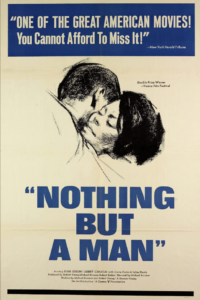



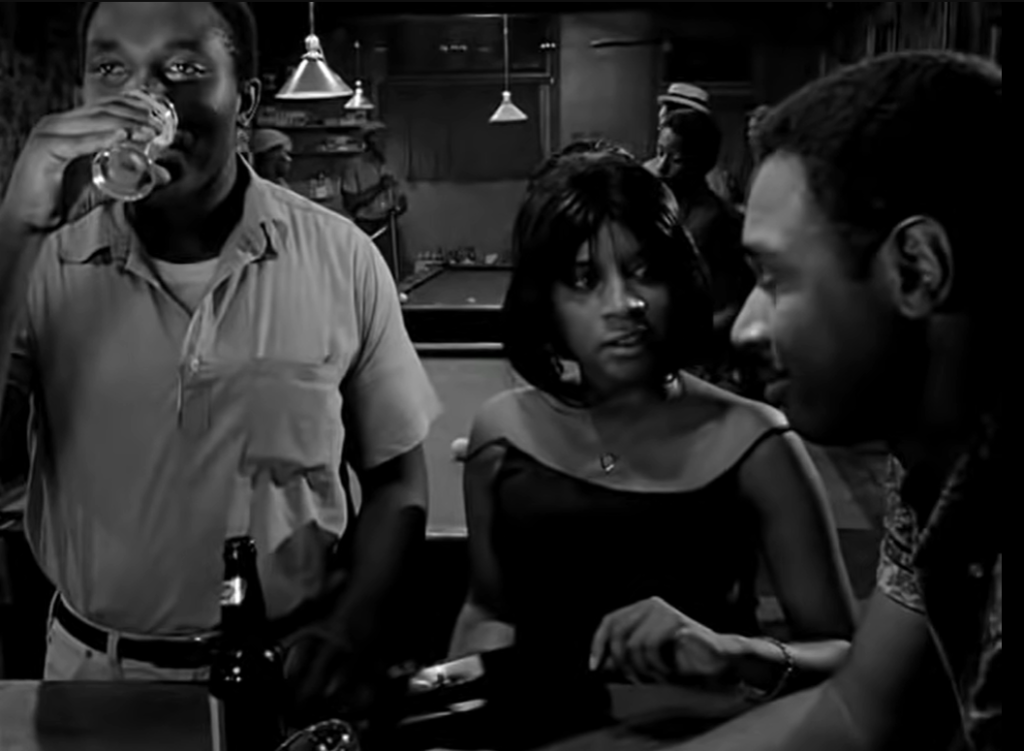
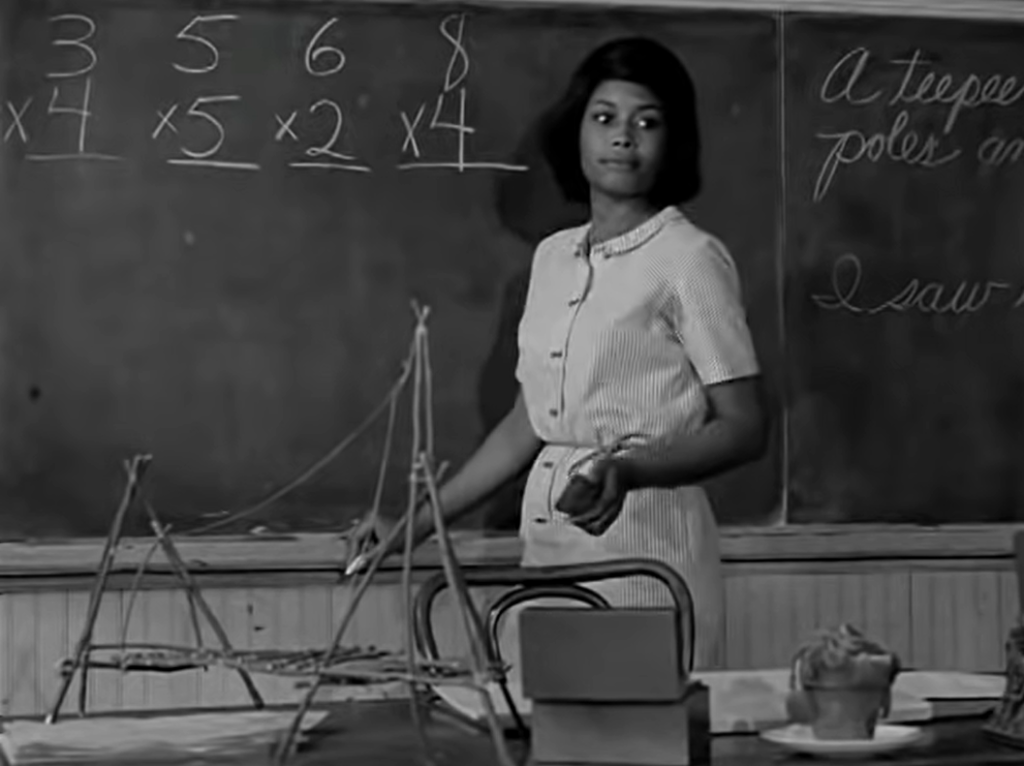
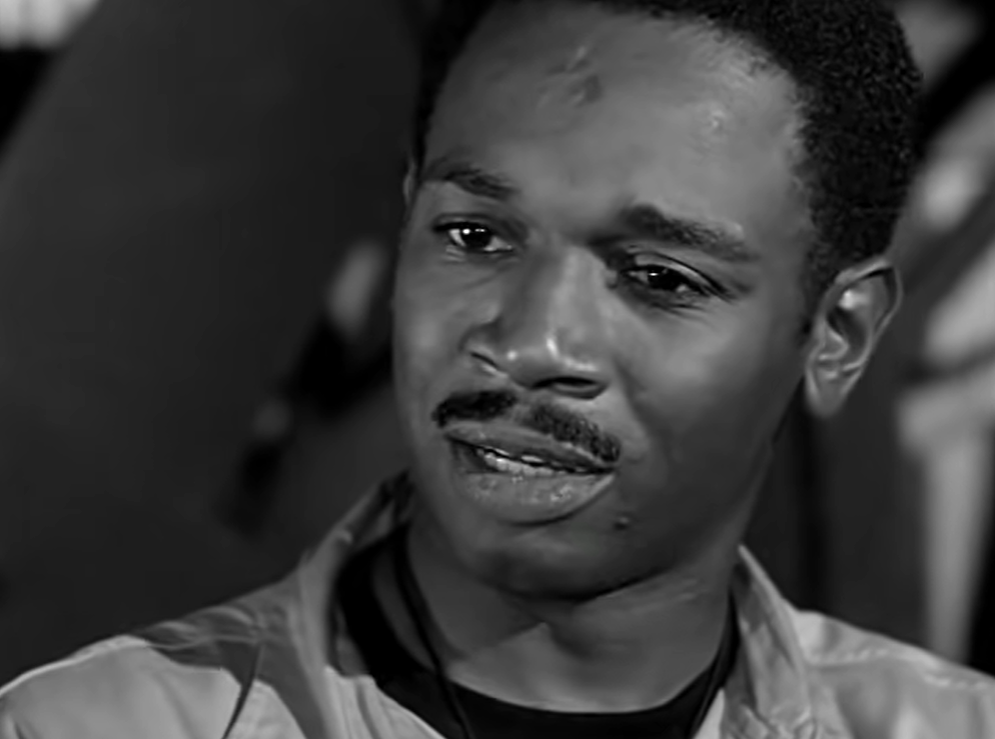

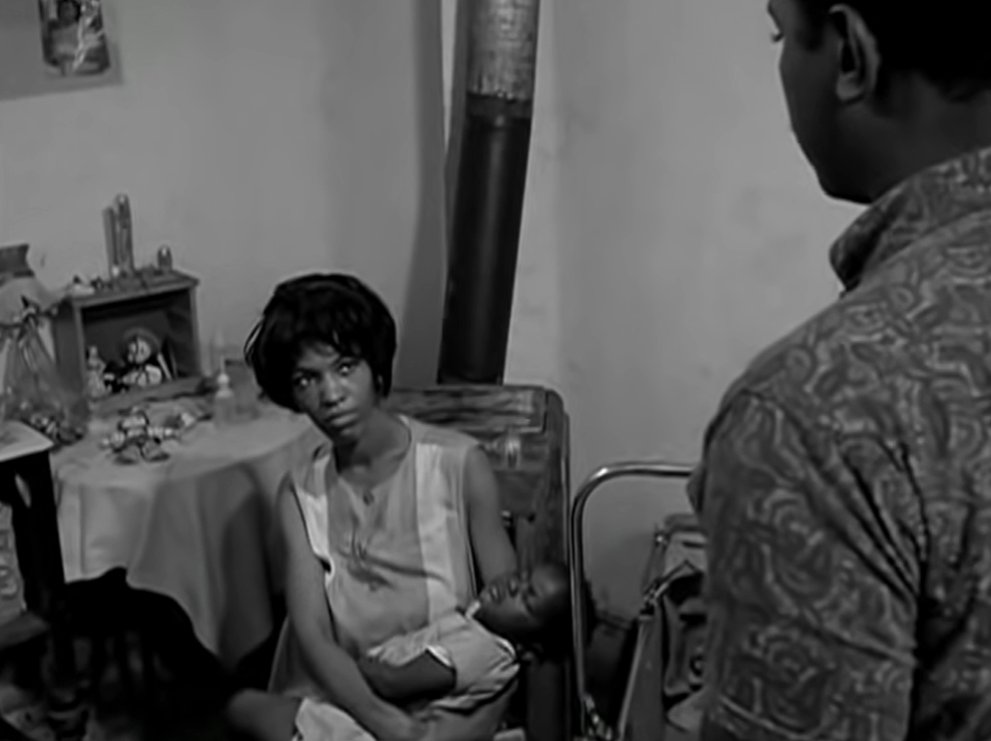
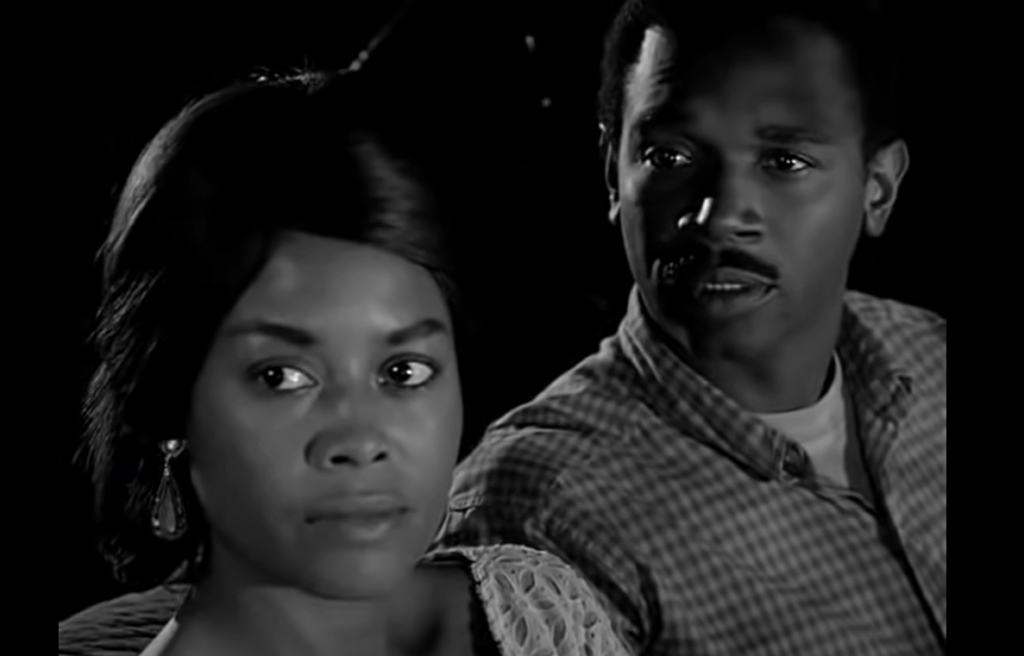

One thought on “Nothing But a Man (1964)”
Rewatch. A no-brainer must-see.
Speaks volumes for itself, without much need for comment. It may be low-budget but it’s high-quality in all aspects, especially in its performances. Sadly, the state of racism in America keeps this 60+-years film all-too-relevant in terms of where we should be as a people. In short, a superb film.